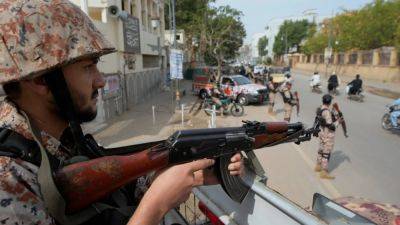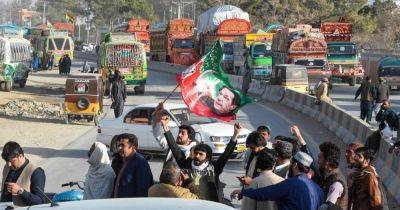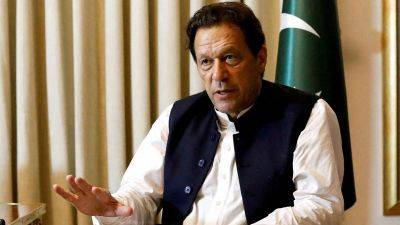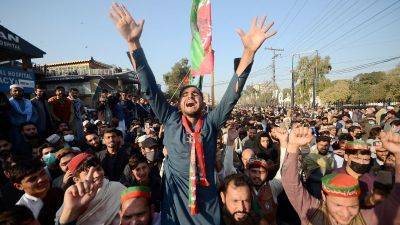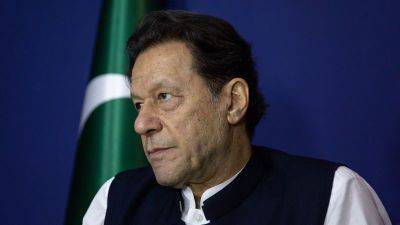An economy-focused election in Pakistan
Pakistan’s political and economic landscape is no stranger to upheavals.
At present, former prime minister Imran Khan’s party, Pakistan Tehreek-e-Insaf (PTI), faces corruption charges during the 2024 Pakistan general elections.
Meanwhile, Nawaz Sharif of the Pakistan Muslim League (Nawaz) (PML-N) stirred controversy by sporting a Gucci cap, allegedly worth more than 100,000 rupees (US$360), amid the country’s economic struggles.
Bilawal Bhutto Zardari, chairman of the Pakistan People’s Party (PPP), also grapples with past allegations of misgovernance and money laundering from 2018.
Beyond the political theatrics, the 2024 election is overshadowed by pressing financial challenges. With year-on-year inflation at 28% in January 2024, escalating fuel prices, and anticipated hikes in electricity bills, economic concerns dominate the campaign’s final stretch.
PML-N pledges to boost annual exports, finalize a US$10 billion oil-refinery deal with Saudi Arabia, and continue projects under the China-Pakistan Economic Corridor (CPEC). Simultaneously, PPP aims to double per capita income and provide free electricity to underprivileged families.
A fragile economic landscape
Pakistan’s economic predicament stems from a convergence of factors, including the global upheaval triggered by the Covid-19 pandemic, disruptions in global supply chains, and geopolitical tensions, especially the conflict between Ukraine and Russia.
This confluence has led to economic disarray marked by dwindling purchasing power, depleting foreign-exchange reserves, and escalating civil unrest.
The nation’s economic challenge is exacerbated by a significant decline in forex reserves. In early 2023, reserves hit a historic low of $3.19 billion, barely


